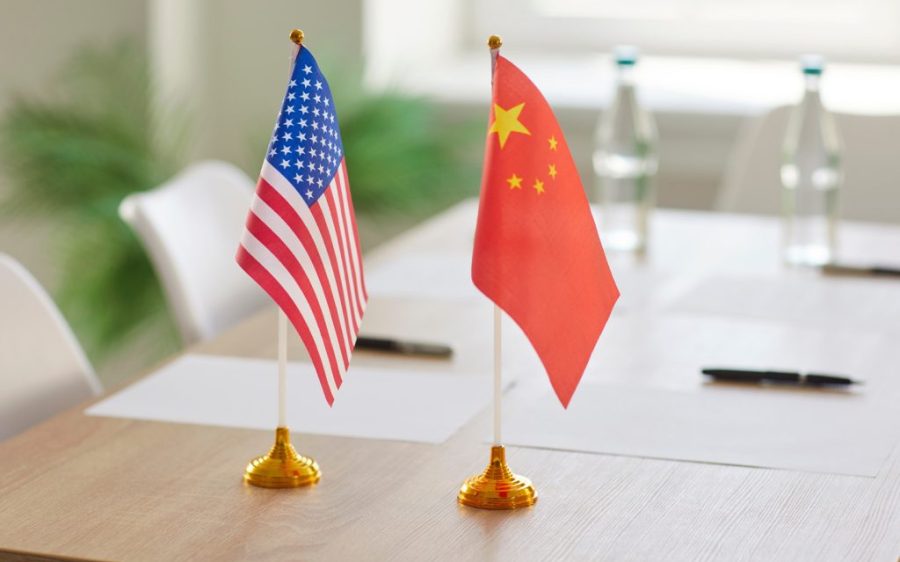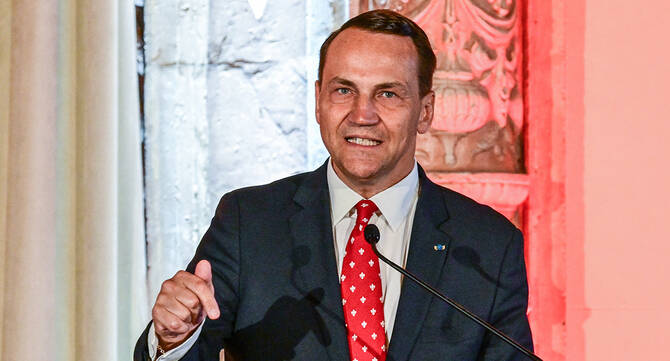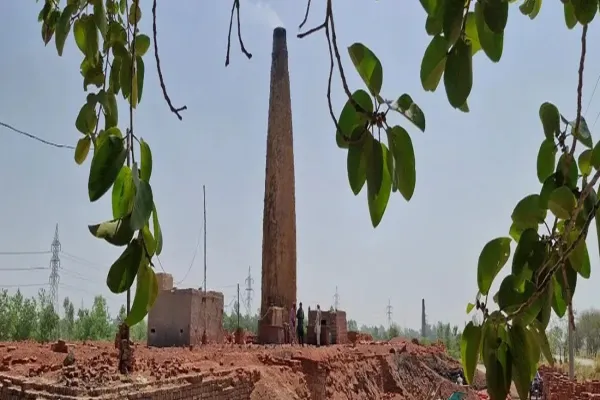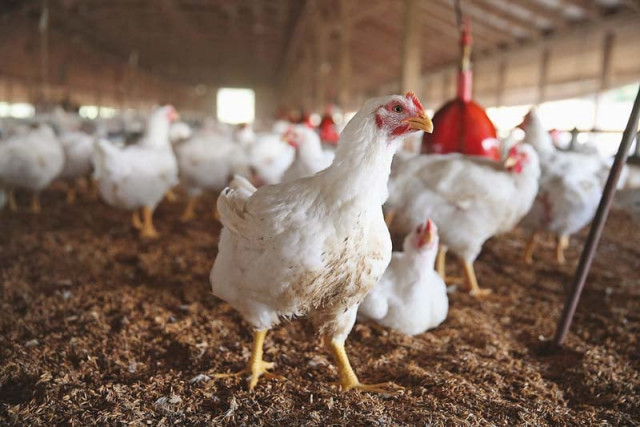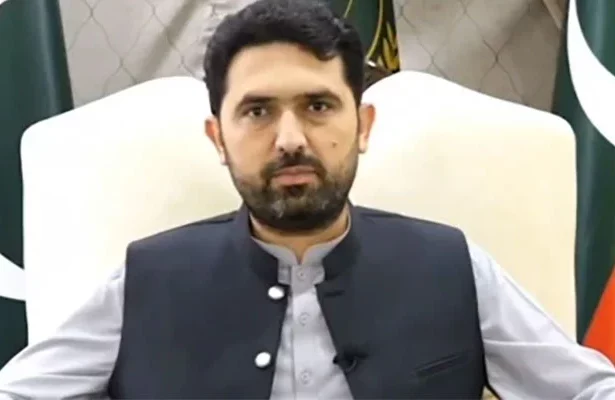On Wednesday, Trump is scheduled to meet Shehbaz Sharif at the White House in the Oval Office. The meeting is expected to be high-profile, with Army Chief Field Marshal Asim Munir accompanying the premier, while US Secretary of State Marco Rubio will sit alongside President Trump. Pak-US talks on major areas: A Trump administration official …
Trump and Shehbaz’s Meeting is Expected Today
On Wednesday, Trump is scheduled to meet Shehbaz Sharif at the White House in the Oval Office. The meeting is expected to be high-profile, with Army Chief Field Marshal Asim Munir accompanying the premier, while US Secretary of State Marco Rubio will sit alongside President Trump.
Pak-US talks on major areas:
A Trump administration official confirmed the meeting to Reuters, describing it as a follow-up to the trade agreement signed between Washington and Islamabad just weeks ago. According to Radio Pakistan, the leaders are “expected to discuss matters of mutual interest as well as the regional and global situation.”
The development comes as Prime Minister Shehbaz continues his busy schedule in New York, where he has been attending the 80th session of the United Nations General Assembly (UNGA). His engagements so far have included participation in UNGA sessions, a key summit of the Muslim bloc, and meetings with the heads of major international financial institutions.
At a media briefing in New York, a senior State Department official told Dawn that relations between Washington and Islamabad were “gradually warming up” under Trump’s second term. For decades, the US has viewed India as a strategic counterbalance to China, while Pakistan was often described as a close ally of Beijing. But shifts in global politics, especially tensions between Washington and New Delhi, have created new openings for Pakistan.
Since Trump’s return to the presidency in January 2025, ties with India have become strained. Washington has imposed steep tariffs on Indian goods, tightened visa rules, and Trump has repeatedly claimed credit for brokering an India-Pakistan ceasefire in May after cross-border clashes. The official, however, stressed that the US approach to Pakistan was independent of its relationship with India.
The US investments in Pakistan’s trade deals:
The official said, “We have an independent relationship with Pakistan.” He highlighted recent American investments worth hundreds of millions of dollars in Pakistan’s mineral sector and interest in petroleum exploration. He also confirmed that Washington was still reviewing the defence deal signed between Pakistan and Saudi Arabia earlier this year.
On July 31, the US and Pakistan signed a trade pact that included a 19 percent tariff on Pakistani goods. A similar deal with India remains pending, and analysts suggest New Delhi has begun moving closer to China in response to its friction with Washington.
Earlier this year, Trump also welcomed Asim Munir to the Oval Office. The move underscored the military’s pivotal role in Pakistan’s decision-making and its importance in US-Pakistan relations.
Commenting on the broader agenda, the senior State Department official said, “We’re working through a number of issues when it comes to counterterrorism, when it comes to economic and trade ties. And so the president remains focused on advancing US interests in the region, which includes engaging with Pakistan and their government leaders.”
The official admitted Trump had been outspoken about frustrations but stressed that the partnership remained “strong.” He added: “Washington continues to see New Delhi as a good friend and partner whose ties with the US would define the 21st century.”
Islamabad, meanwhile, has publicly endorsed Trump for a Nobel Peace Prize for his role in reducing India-Pakistan tensions. At the same time, Pakistan has condemned Israeli bombardments in Gaza, aligning itself with the wider Muslim bloc. On Tuesday, Prime Minister Shehbaz also joined Trump and leaders of several Muslim-majority countries to discuss the crisis in Gaza and consider US peace proposals during a side meeting at the UNGA.




